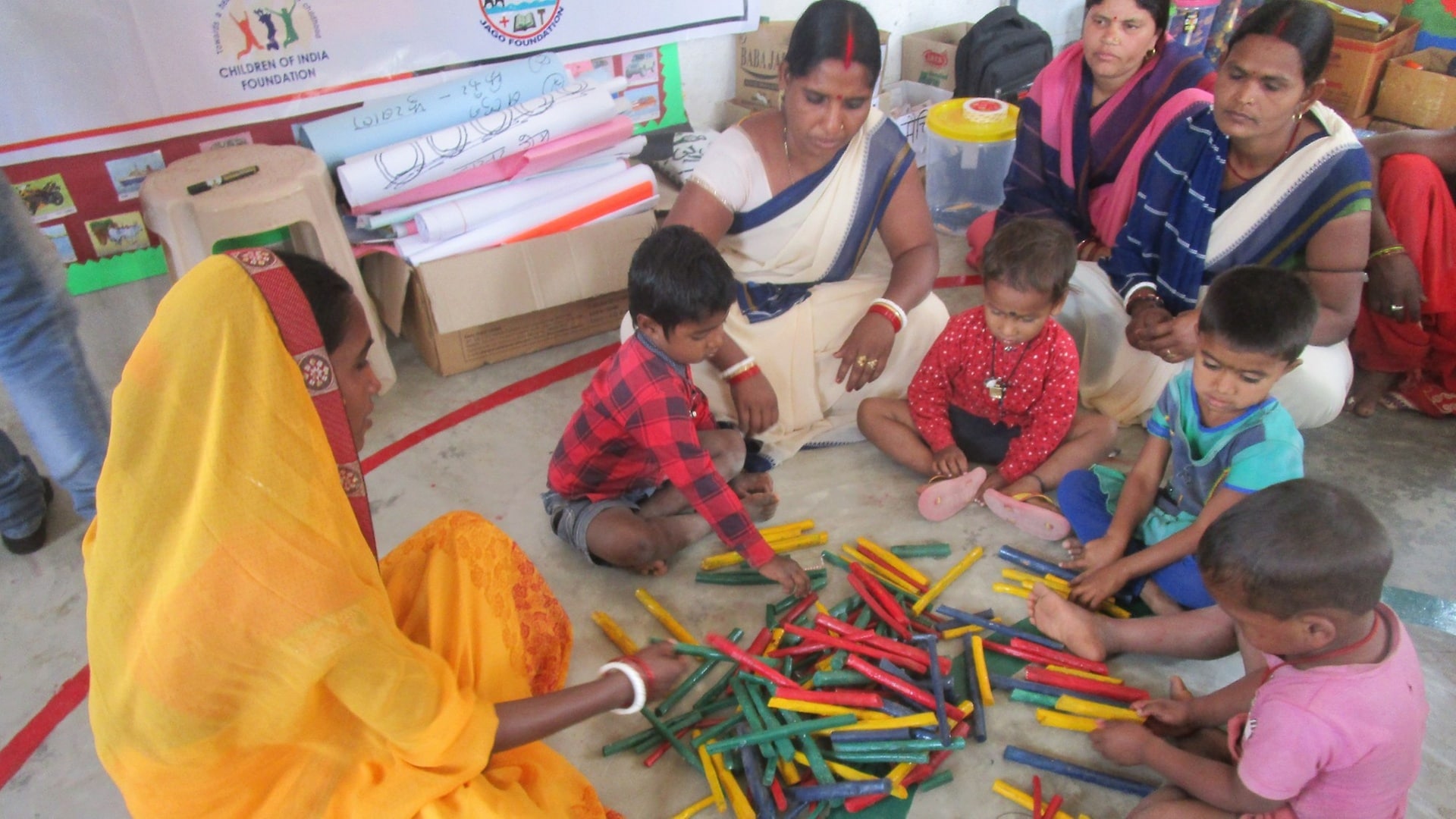How do you fulfil this commitment?
Elisabeth Viebig: Our work is very diverse. For example, we support a new programme named "beVisioneers: The Mercedes-Benz Fellowship" with donations. This is a global initiative of the non-profit "The Do School Fellowships gGmbH". The goal is to encourage and empower young people to drive forward specific projects in the area of ecological sustainability. The funds for this programme come from the auctioning of the Mercedes-Benz 300 SLR Uhlenhaut Coupé, a collector's item from the Mercedes-Benz Classic Collection. Another long-term commitment is our collaboration with local aid organisations, for example Bon Pasteur or Terre des Hommes. Together with these NGOs, we carry out projects to address systemic human rights violations at the start of the supply chain. To put it simply, it is not enough to combat child labour – we need to address the root causes, such as poverty and social disintegration. We also need to create alternative livelihoods. In Congo, for example, many years of war have led to a lack of agricultural know-how. This knowledge must be rebuilt. Many mineworkers are also not aware that they have not only obligations, but also rights, such as the right to education.
Marc-André Bürgel: It is important to understand that social and environmental risks vary greatly depending on the raw material and country of origin. Cobalt mining in Congo carries different human rights risks compared to lithium mining in the Atacama Desert, and the supply chains are different too. Transparency is an important first step here, but it is not an end in itself. We need it to identify the major risks along our value chain and reduce them by means of suitable measures. In our raw materials assessment, we have identified 24 potentially critical raw materials for which we derive and implement material-specific measures. We report on this in our Raw Materials Report, which we first published in 2022. For us, transparency also means openly stating where we have not yet progressed as far as we want to in the medium or long term. We hope that we can achieve more, especially with systemic challenges in some regions, through industry-wide solutions in the future.
Human rights experts complain that too little attention is given to those actually affected. What is your opinion? What is Mercedes-Benz doing to encourage a dialogue?
Marc-André Bürgel: In my view, it is fundamentally important not just to talk about those affected, but to talk to them. We can certainly do better in this regard, but we are already doing a great deal. Last year, for example, we we discussed on our Sustainability Dialogue with external human rights experts and non-governmental organisations in separate working groups how we can further develop our human rights protection measures. One of the key topics was how to involve those affected even more in the dialogue. We have established a new core group of external stakeholders with whom we exchange ideas. We also seek to engage with the people affected in our supply chains. For example, together with the Initiative for Responsible Mining Assurance (IRMA), we have promoted an approach to create better participation opportunities in audit processes for the local population in mining areas.
,xPosition=0,yPosition=0.5)
